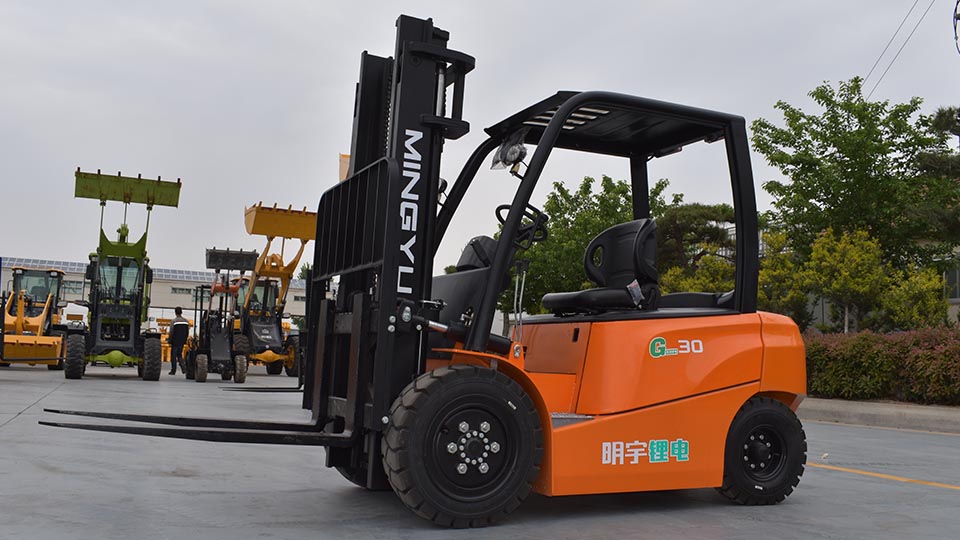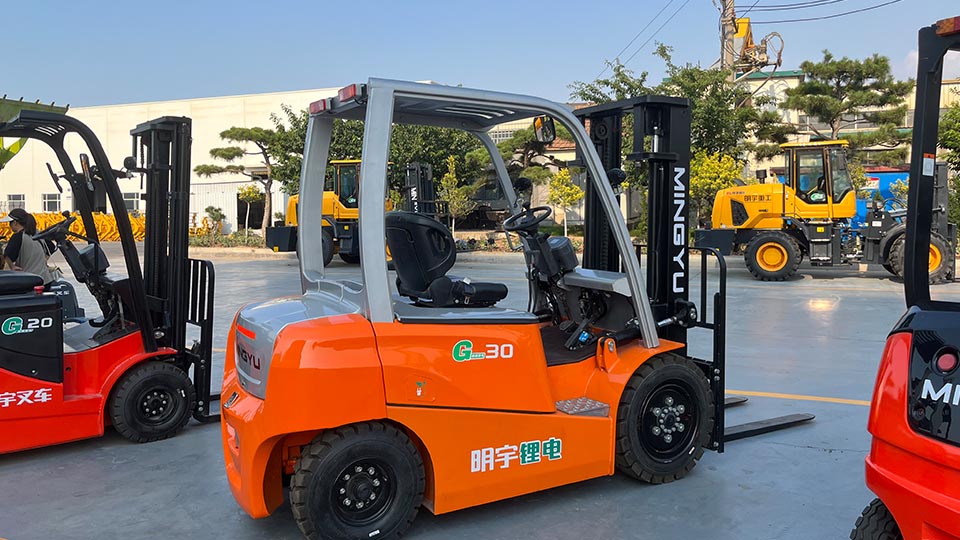
A forklift certification is a crucial credential for anyone operating a forklift. It demonstrates that you have the knowledge and skills to operate the machinery safely and efficiently, reducing the risk of accidents and injuries in the workplace. The Occupational Safety and Health Administration (OSHA) mandates that all forklift operators be certified. This certification is not a one-time thing; it needs to be renewed every three years to ensure operators stay up-to-date with safety protocols and regulations.
Where to Get Forklift Certified
There are several avenues for obtaining a forklift certification, and the best option often depends on your current situation and needs.
1. Employer-Provided Training
Many companies that use forklifts provide on-site training and certification for their employees. This is often the most convenient option, as the training is tailored to the specific types of forklifts used in that workplace and the particular environment. The training typically includes both classroom instruction and hands-on practice.
Pros: Convenient, often free for employees, specific to the workplace's equipment and environment.
Cons: Not an option if you are not currently employed, and the certification may not be easily transferable to another job.
2. Vocational Schools and Technical Colleges
Many vocational schools and technical colleges offer forklift certification programs as part of their curriculum or as a standalone course. These programs are usually more comprehensive and can be a good option for those looking to start a career as a forklift operator.
Pros: Provides a solid foundation in safety and operation, certification is often widely recognized.
Cons: Can be more expensive and time-consuming than other options.
3. Private Training Companies
There are numerous private companies that specialize in providing forklift training and certification. These companies often offer a variety of courses, including beginner training, refresher courses, and even advanced training for specialized equipment. They may offer training at their own facilities or can come to a company's site.

Pros: Flexible scheduling, can be tailored to specific needs, certification is often valid across many different workplaces.
Cons: Cost can vary widely, so it's important to shop around.
4. Online Certification
Online forklift certification programs are a popular and convenient option. These programs typically involve a series of online modules and a written exam. While they can be a great way to learn the theoretical aspects of forklift operation, it's important to remember that OSHA requires a hands-on, practical evaluation as well. Therefore, an online course must be supplemented with in-person training and evaluation.
Pros: Convenient, flexible, can be less expensive than in-person training.
Cons: Requires a separate, in-person practical evaluation to be fully compliant with OSHA regulations.
The Certification Process
Regardless of where you get your certification, the process generally involves two main parts:
Classroom Training: This part covers the theoretical knowledge needed to operate a forklift safely. Topics include:
OSHA regulations
Types of forklifts and their components
Pre-operation inspections
Load handling
Workplace safety rules
Understanding warning signs and signals
Practical Evaluation: This is the hands-on portion where you demonstrate your ability to operate a forklift. An instructor will observe you performing tasks such as:
Starting and stopping the forklift
Maneuvering in tight spaces
Picking up and setting down loads
Driving with a load
Using the hydraulic controls

Upon successful completion of both the classroom and practical portions, you will be issued a certification card. This card is your proof of certification and should be kept with you while you are operating a forklift.
Key Takeaways
Forklift certification is a legal requirement mandated by OSHA.
Certification must be renewed every three years.
Training options include employer-provided programs, vocational schools, private companies, and online courses.
A complete certification requires both classroom training and a hands-on practical evaluation.
An online-only certification is not sufficient to meet OSHA standards.
For more information, it is recommended to check with your local OSHA office or a reputable training provider.
Name: selena
Mobile:+86-13176910558
Tel:+86-0535-2090977
Whatsapp:8613181602336
Email:vip@mingyuforklift.com
Add:Xiaqiu Town, Laizhou, Yantai City, Shandong Province, China